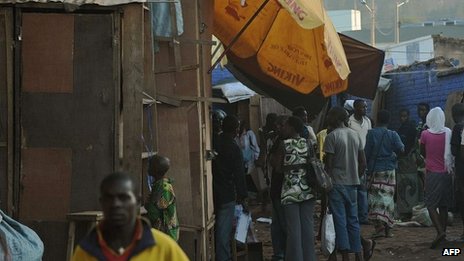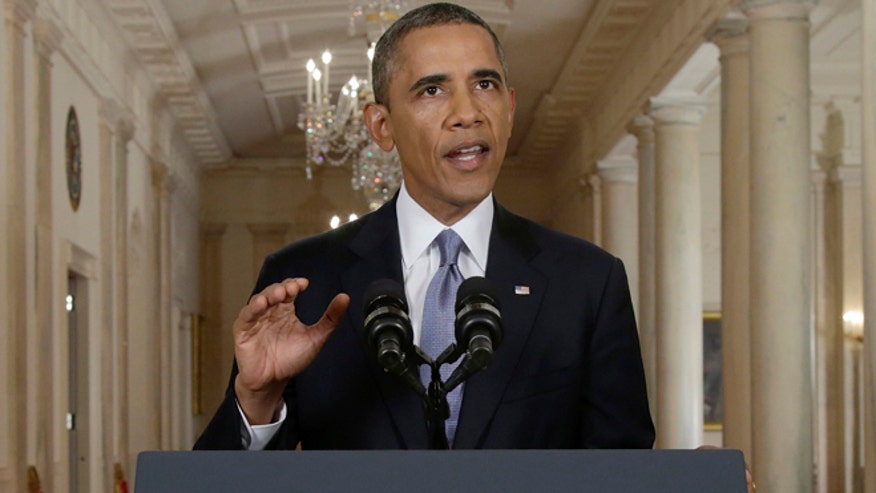by Tony Iozzo
Impunity Watch Reporter, Europe
THE HAGUE, Netherlands – The Dutch government formally apologized last Thursday for the mass killing of thousands of Indonesians during colonial occupation which ended in 1949.

The Dutch ambassador for Indonesia, Tjeerd de Zwaan, officially presented the state’s apology at a ceremony in Jakarta.
Dutch Special forces carried out thousands of “summary executions” between 1945 and 1949 in Indonesia, which it colonized during this time.
In total, roughly 40,000 people were executed during this colonial era, as the Indonesian government reports; however, the Dutch government has only acknowledged a few thousand of these deaths, to date.
One of the most notorious incidents occurred in South Sulawesi on January 28, 1947. There, Dutch special forces executed 208 men on a field outside of a local government office.
“On behalf of the Dutch government I apologize for these excesses,” De Zwaan said at the ceremony on Thursday.
“The Dutch government is aware that it bears a special responsibility in respect of Indonesian widows of victims of summary executions comparable to those carried out by Dutch troops in what was then Celebes [Sulawesi] and Rawa Gede [now West Java],” De Zwaan added.
The Dutch government had already apologized for some specific murders, and paid compensation to victims’ families in those cases, but this was the first general apology for all of the murders during the colonial era.
Friends and family of the victims who were present at the ceremony welcomed the apology.
“We feel grateful and very happy to be here. Before that we never imagined that it would be like this,” said one family member, Nurhaeni.
Notorious Dutch captain Raymond Westerling carried out many of these executions back in the colonial era. Westerling and his troops held executions in dozens of villages for a period of three months in a bid to wipe out resistance against Dutch colonization. No one has been prosecuted for these murders, to date.
Most of present-day Indonesia was ruled by the Netherlands from the 19th Century until World War II, when the Japanese army forced out the Dutch.
When the Dutch attempted to reassert control of the country after the defeat of the Japanese, they met great resistance. The Netherlands recognized Indonesia’s independence in 1949.
For more information, please see:
Al Jazeera – Dutch Apologize for Indonesian Executions – 12 September 2013
BBC News – Netherlands Apology for Indonesia 1940s Killings – 12 September 2013
Daiji World – Dutch Envoy Apologises for Utions in Colonial Indonesia – 12 September 2013
Dutch News – The Netherlands Apologizes for Indonesia Executions – 12 September 2013



